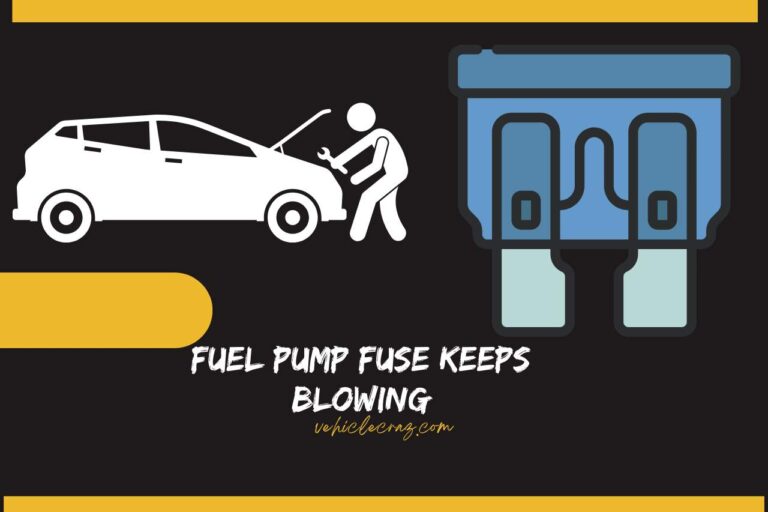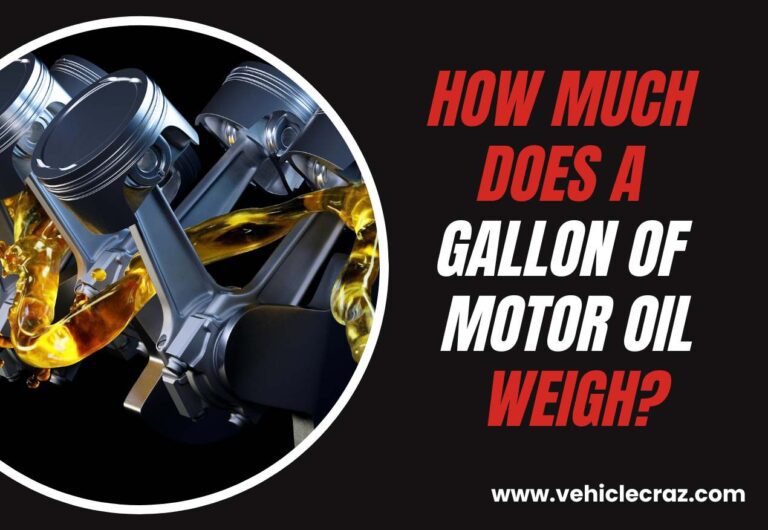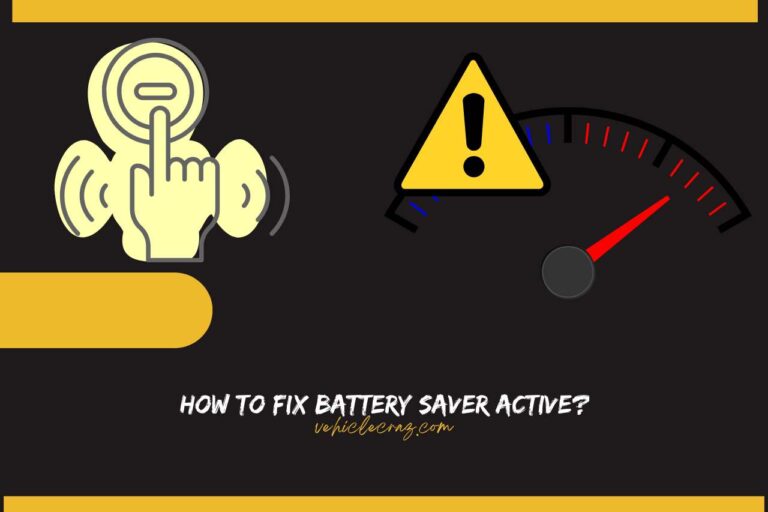Car Sounds Louder When Accelerating After Oil Change?
Does your car sound louder when accelerating after an Oil Change? This suggests a potential issue arising post-maintenance. While oil changes typically ensure engine lubrication, several factors may lead to louder noises during acceleration.
If your car sounds louder after an oil change, possible culprits include incorrect oil viscosity, improper filter installation, or unrelated issues coincidentally surfacing post-service.
We recommend prompt inspection by a qualified mechanic to diagnose and address the root cause efficiently, ensuring optimal vehicle performance and safety. Let’s dig deep into the matter.
Why Is My Car Louder When Accelerating After an Oil Change?
Changes in oil viscosity, improper installation of parts such as oil filters, or engine issues can contribute to unexpected noise after an oil change. While this may initially cause concern, fixes are not difficult to implement. Let us explain.
Change in Oil Viscosity
One of the primary factors contributing to the increased engine noise post-oil change is the viscosity of the new oil used. Viscosity means the oil’s resistance to flow, with thinner oils having lower viscosity and flowing more easily.
When thinner oil is used during an oil change, it can reach engine components more quickly. This will reduce friction and potentially result in a slightly “sharper” engine sound.
On the other hand, if you happen to use a thicker oil, it may dampen engine noise. However, this will cause decreased fuel efficiency.
That is why we recommend using the right type of oil viscosity. This is mentioned in your vehicle’s manual.
Loose Components
During the oil change process, we’ve seen the technicians mistakenly loosen various components within the engine bay. If this happens, it may lead to rattling noises when the vehicle is under acceleration.
Make no mistake; these noises can be alarming. However, they are often relatively easy to fix by identifying and tightening the affected components.
Internal Engine Issues
While less common, increased engine noise following an oil change could indicate internal engine issues. Some of them include worn valve lifters, timing chain problems, or other internal damage causing louder engine sounds.
Is it Normal for a Car to Be Louder After an Oil Change?
No, it’s not normal for a car to be louder after an oil change as long as you or your mechanic did the job properly. However, as we mentioned, using improper oil viscosity, faulty installation of components like the oil filter or drain plug, or engine problems can cause engine noises after an oil change.
The best piece of advice we can offer you is to fix the issue as soon as possible without driving with unusual noises after an oil change. Let us explain the risks in the next section of the article.
Risks of Driving with Noises After an Oil Change
When you hear unexpected sounds coming from your engine post-oil change, it’s a clear indication that something is wrong. So, ignoring these noises can lead to various serious issues.
One of the primary risks is the potential for engine damage which is something you never want to happen; isn’t it? Proper lubrication is critical for the smooth operation of your engine. If the new oil is not of the correct viscosity or quality, it will impact the oil distribution to the important engine components.
In addition, if the oil isn’t distributed adequately throughout the engine due to a faulty installation of the oil filter or drain plug during the oil change, vital engine components may not receive the lubrication they need.
This can result in increased friction, heat, and wear on parts, potentially leading to premature failure of critical engine components like bearings, pistons, and crankshafts.
That is why we highlighted that continuing to drive with these issues unsolved can enhance the gravity of the issue and eventually cause further damage to your engine. What may have started as a minor issue could escalate into a more significant and costly repair down the line.
Differences Between Normal Engine Noise and Noise Indicating a Problem Post-oil Change
If your vehicle already generates certain sounds or you don’t know how to distinguish between normal engine noise and sounds indicating a problem post-oil change can lead you to serious issues in the long run.
Normal engine sounds are typically consistent, and predictable. Usually, it is more or less similar to a gentle hum or a slight ticking noise from the fuel injectors or valve train.
However, sounds indicating a problem after an oil change are often unusual, louder, or more pronounced than the usual sound you would hear when driving your car.
They may include knocking, rattling, grinding, or squealing noises, which can signal issues such as low oil pressure, insufficient lubrication, or mechanical component wear.
To differentiate between the two, pay attention to the timing, intensity, and frequency of the noise. Normal engine sounds should remain relatively consistent regardless of driving conditions, while problematic noises may worsen over time.
Take a minute and watch this useful video as well.
You May Also Like


I’m Alex, a seasoned mechanical teacher with over 20 years of hands-on experience in Australia. My passion for all things automotive has driven me to establish this blog, aiming to share my wealth of knowledge and expertise with fellow enthusiasts, DIYers, and anyone keen on understanding the mechanics behind the machines we rely on daily.







